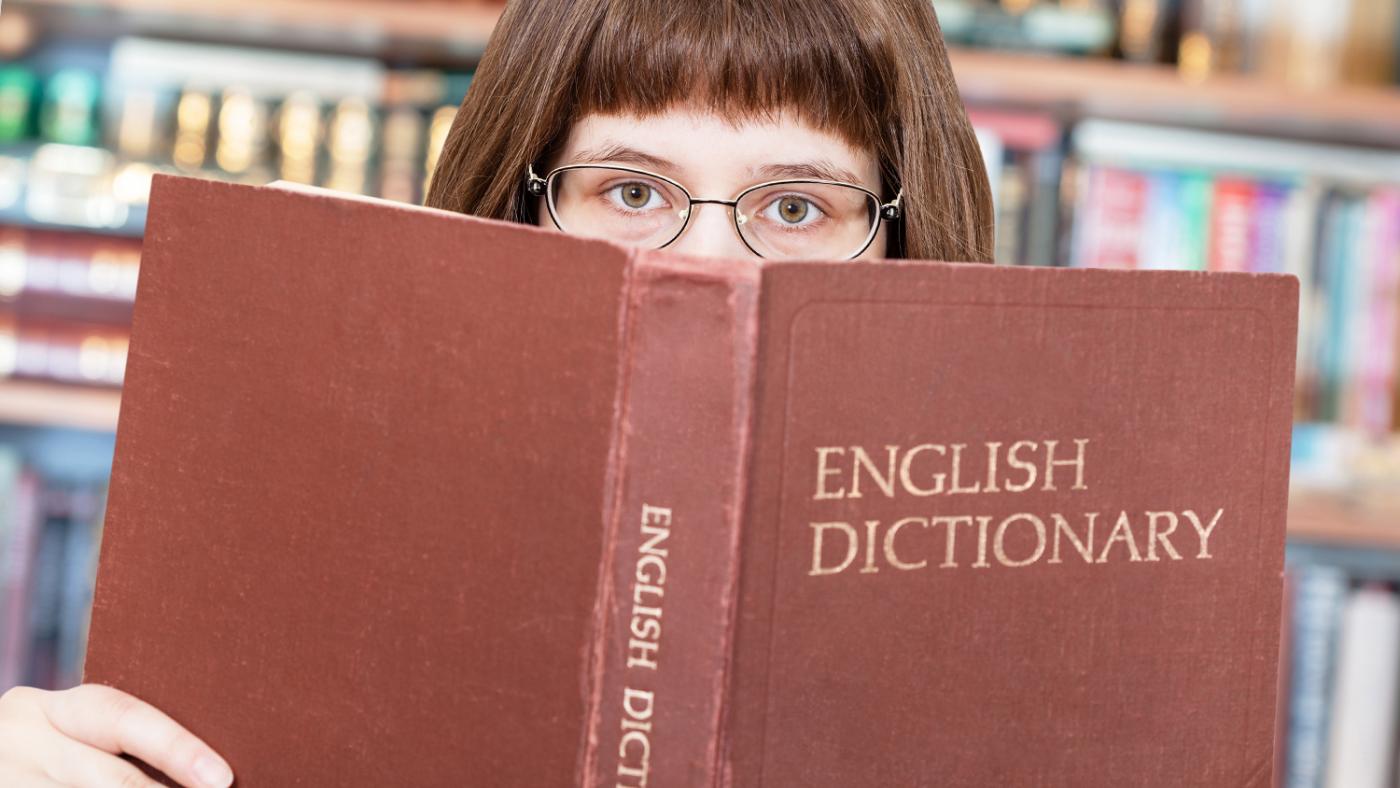University to start research about it
UU considering stricter requirements for English language skills

Members of the University Council recently pointed out that the English skills required by UU seem to be lower than the ones required by other Dutch universities, such as Wageningen University & Research (WUR). They had heard about international students who had been rejected by WUR because of their English skills but were subsequently accepted by a UU Master's programme. The UU Council inquired the Executive Board if that could be a problem.
The answer came in the form of a memo, written by Policy Officer and Internationalisation Coordinator Patience Gondwe. The document does not mention the specific issue raised by the council but it does make clear that the Executive Board has concerns about the English proficiency of UU students — and that also goes for those enrolled in English-taught Bachelor's programmes.
Dropouts and lower performance
UU's current regulation for Bachelor’s programmes stipulates that students need to have at least a B2 (upper intermediate) level in English. For Master's programmes, the minimum level required is C1 (advanced). This means that any Dutch student fresh out of secondary school is eligible for a Bachelor's at UU as their diploma is considered sufficient for enrolment. Alternatively, applicants can demonstrate their English skills by passing a certain score on the IELTS, TOEFL, or Cambridge exams.
Experience has shown, however, that these requirements aren’t high enough in practice, Gondwe explains. “This we’ve learnt from conversations with lecturers, educational directors, and students. Lecturers have noticed that some students look uncomfortable when they have to speak English. They asked us to do something about that as these are recurring signs.”
Research on the university's needs
For that reason, Gondwe believes that UU has the responsibility of setting "realistic" requirements when it comes to students' proficiency in the English language. In her view, UU's entry requirements must "safeguard the educational quality, results, and achievements.”
The Executive Board has asked two experts — namely, the Professor in Foreign Language Education Rick de Graaff and the Assistant Professor in English language and literature Rias van den Doel — to determine the university's English proficiency needs for students wishing to enrol in an English-taught Bachelor's or Master's programme.
In addition, the two experts will look into the English proficiency of Dutch high school graduates. "We work on the assumption that all high school graduates at VWO level speak English at B2 level. But that's not always the case in practice. The automatic exemption from passing an English proficiency exam that VWO high school graduates get has never actually been substantiated. European law dictates that we should treat all students equally, be they Dutch or foreign, but we’re not really doing that right now. International students are asked to present proof of proficiency while Dutch high school graduates don't have to,” Gondwe explains.
Hence the decision to have the research project investigate whether there is, in fact, a gap between the level spoken by VWO graduates and the level that is expected at UU "in practice". According to Gondwe, if such a gap does exist, as numerous lecturers are reporting, the research will also look into ways to increase the so-called "language comfort" of these prospective students.
What is possible and what is allowed
Gondwe can’t say yet what the language requirements will look like. The research project is meant to offer starting points for that. She expects that at least some nuance will be introduced in the language requirements regarding the skills of writing, listening, speaking, and reading. That's because some skills are more important in certain programmes than in others. At the moment, there is no such distinction.
She adds that, initially, UU wants to determine what it can do as a university to increase the English proficiency of its students and support them. But perhaps there’s also work to do at the secondary school level.
Another option being explored — with a bit of suspicion — is requiring more from VWO graduates than passing their English courses at school. The government is currently working on a new vision on internationalisation, as well as a new law on language and accessibility in higher education. Perhaps these two things can offer potential directions.
According to Gondwe, any potential revamp to the English proficiency requirements will first be presented to the co-determination councils and stakeholders, which means they will likely not be implemented before the 2024-2025 academic year.